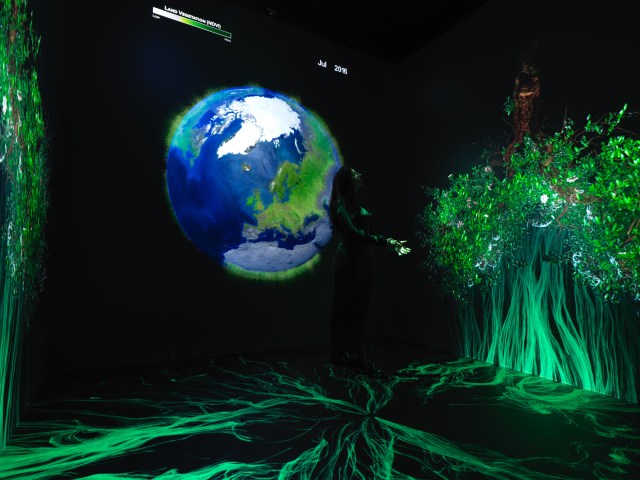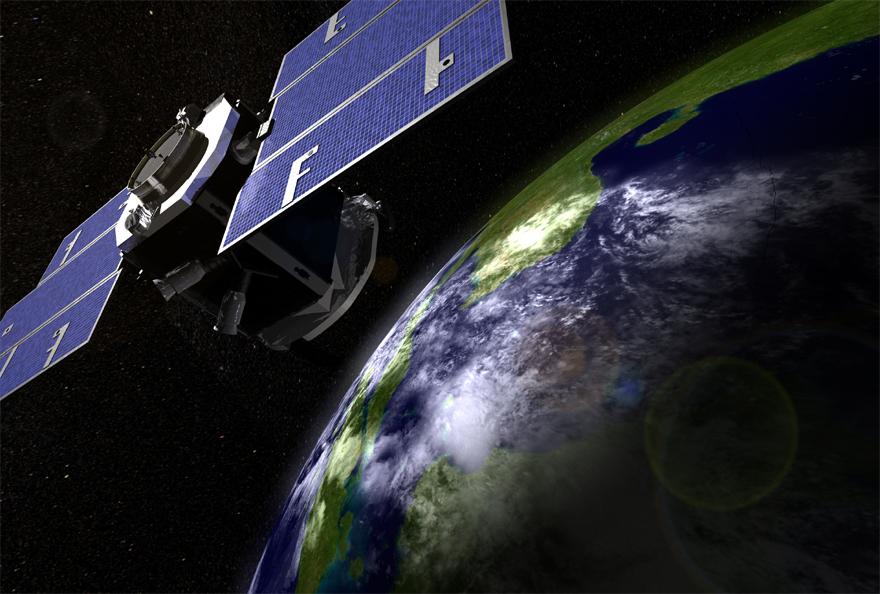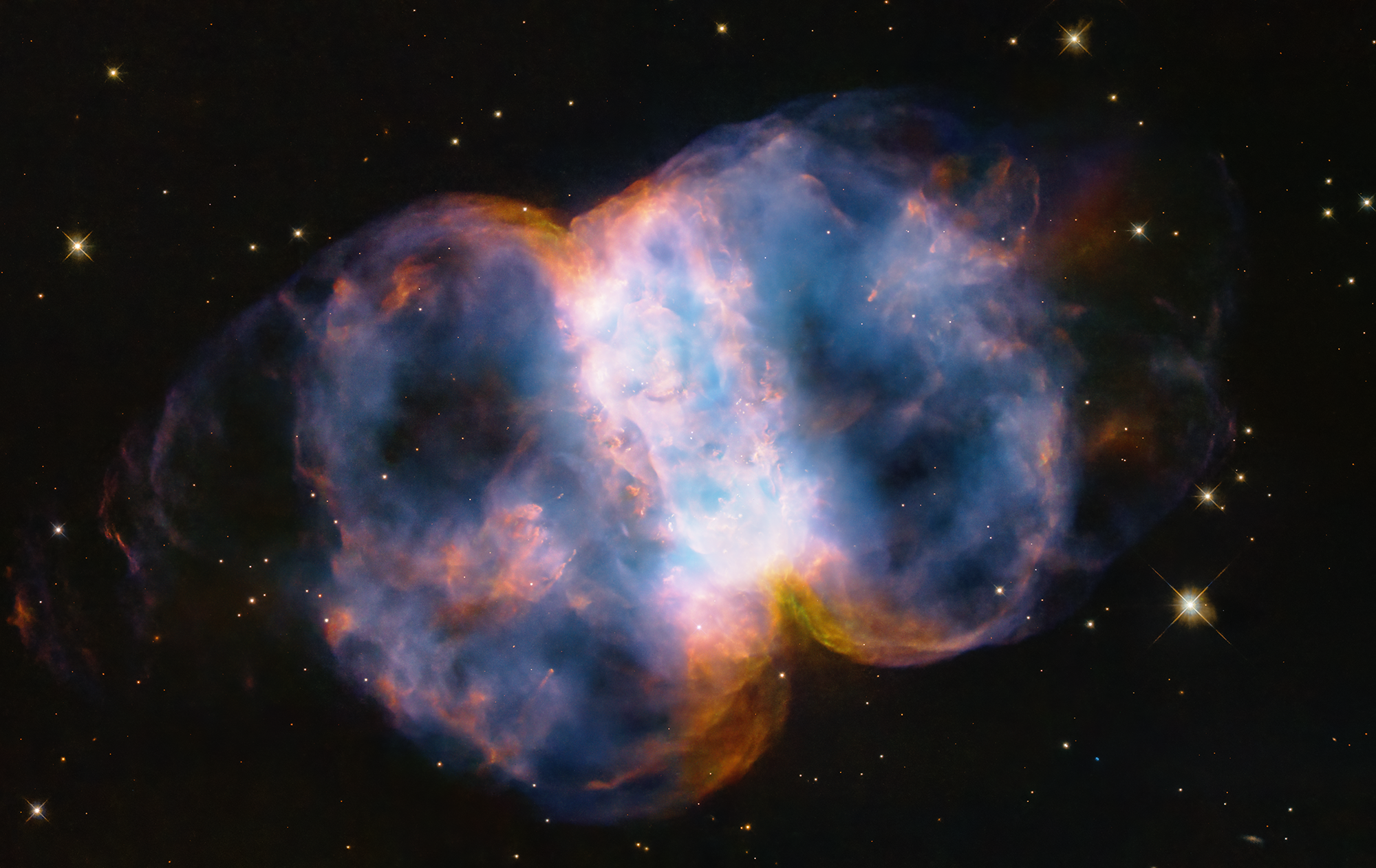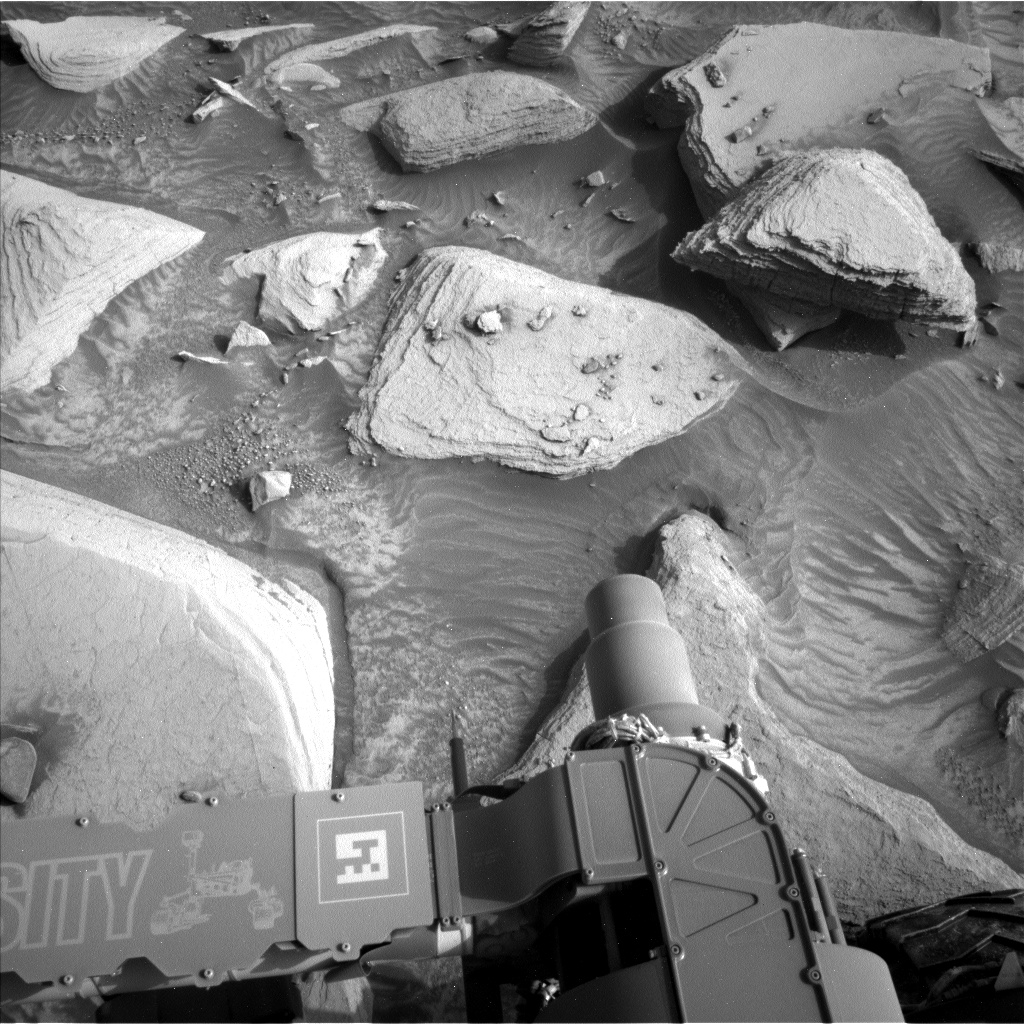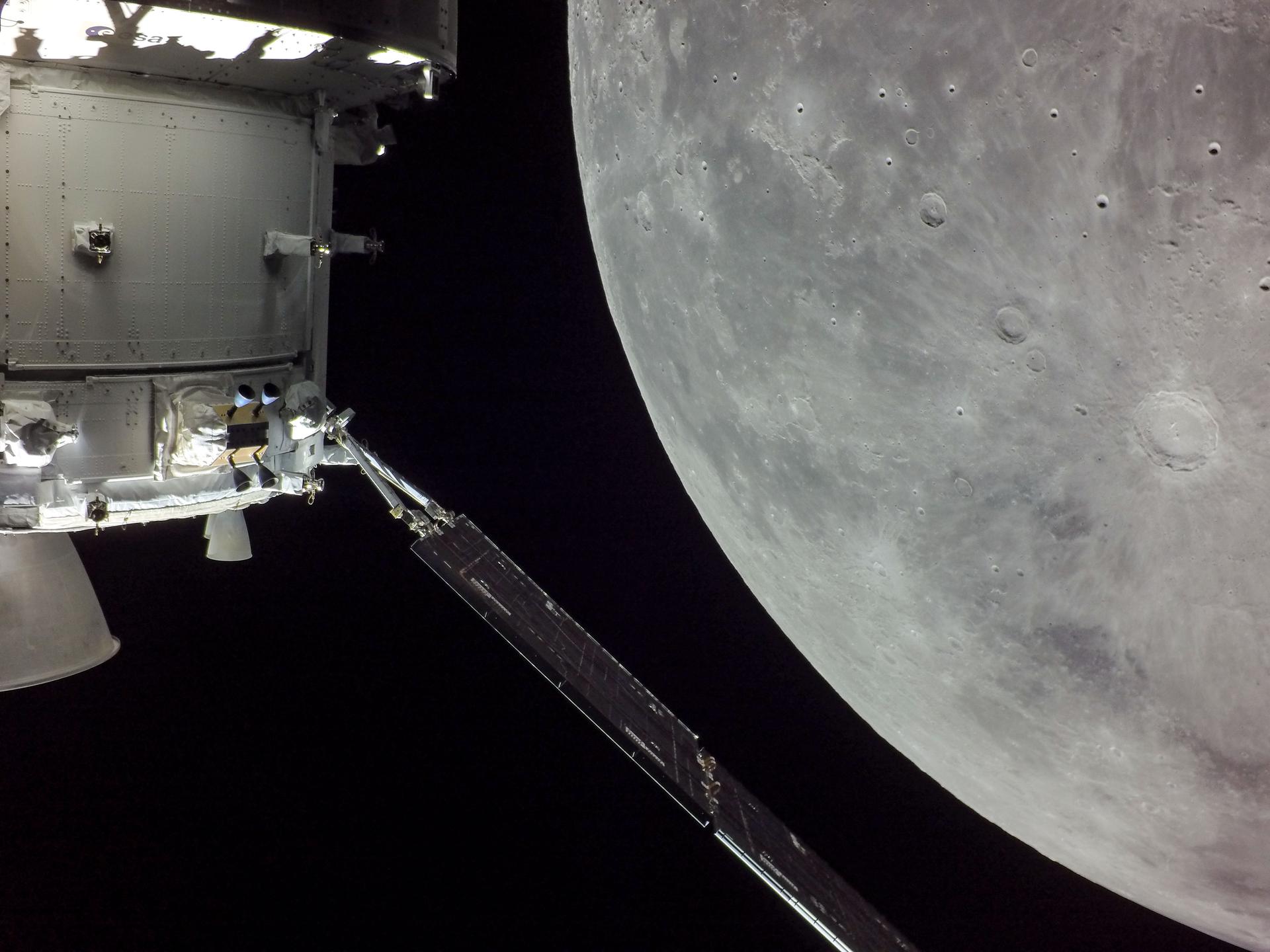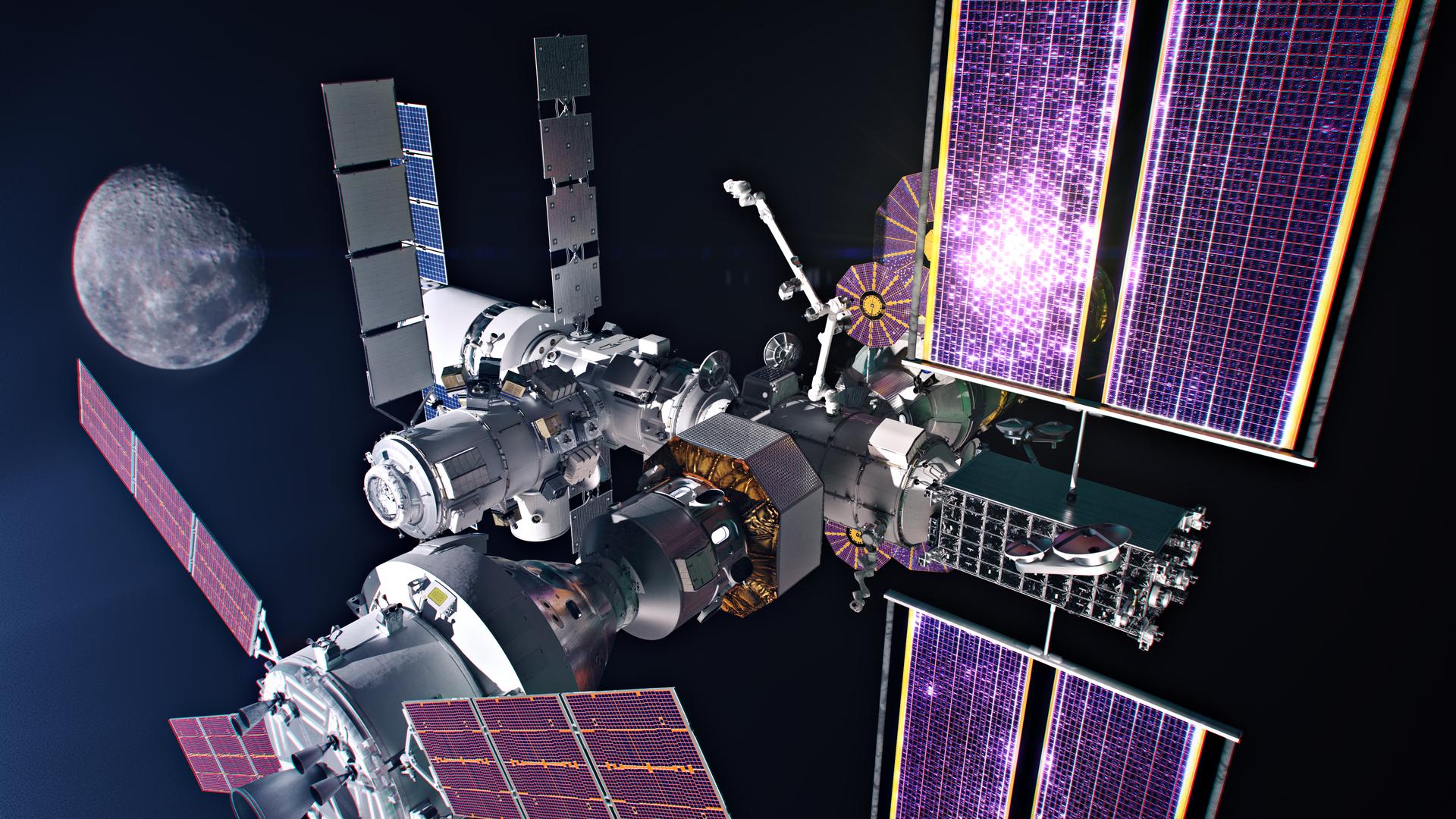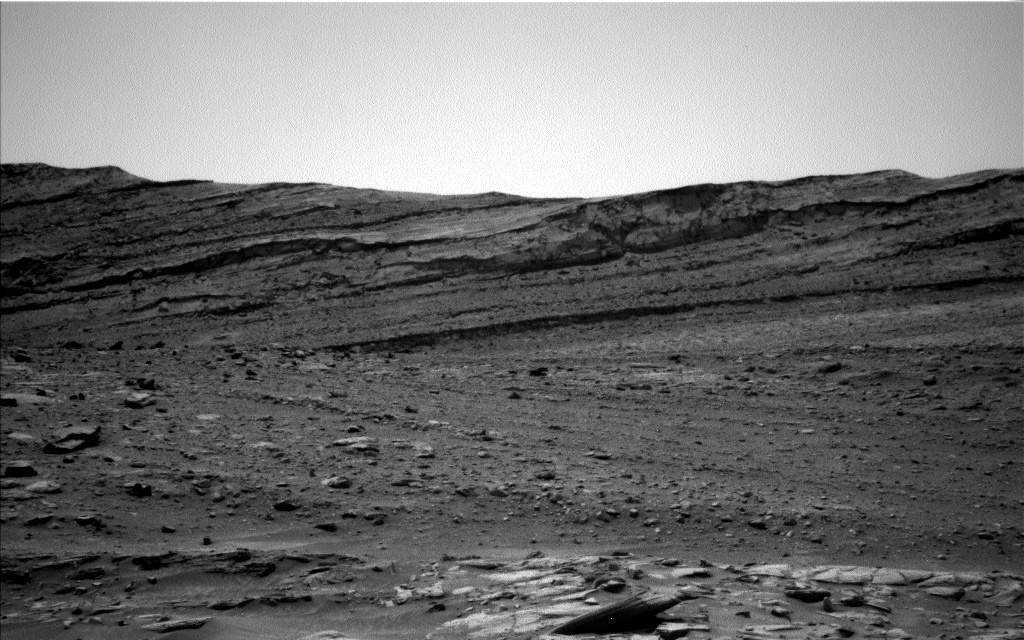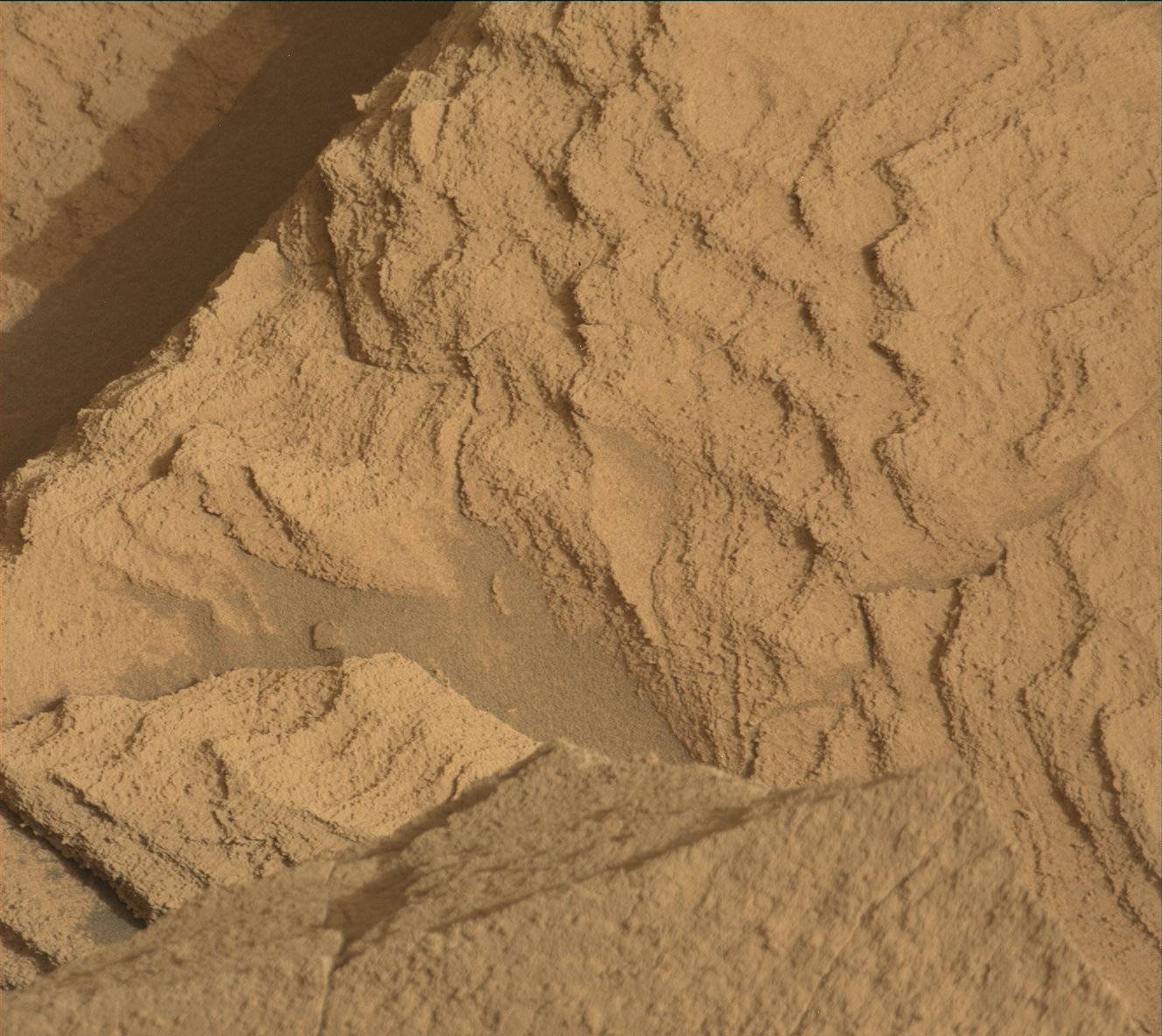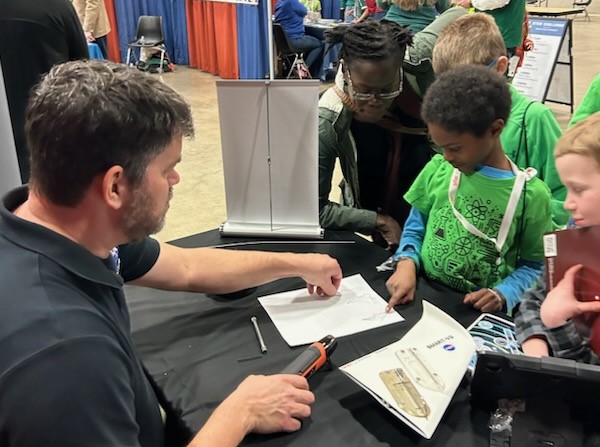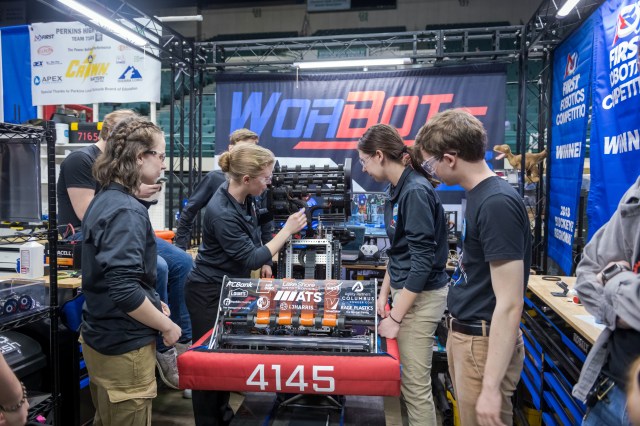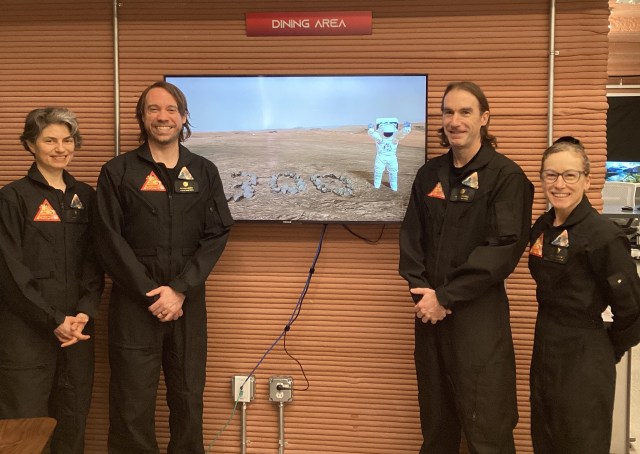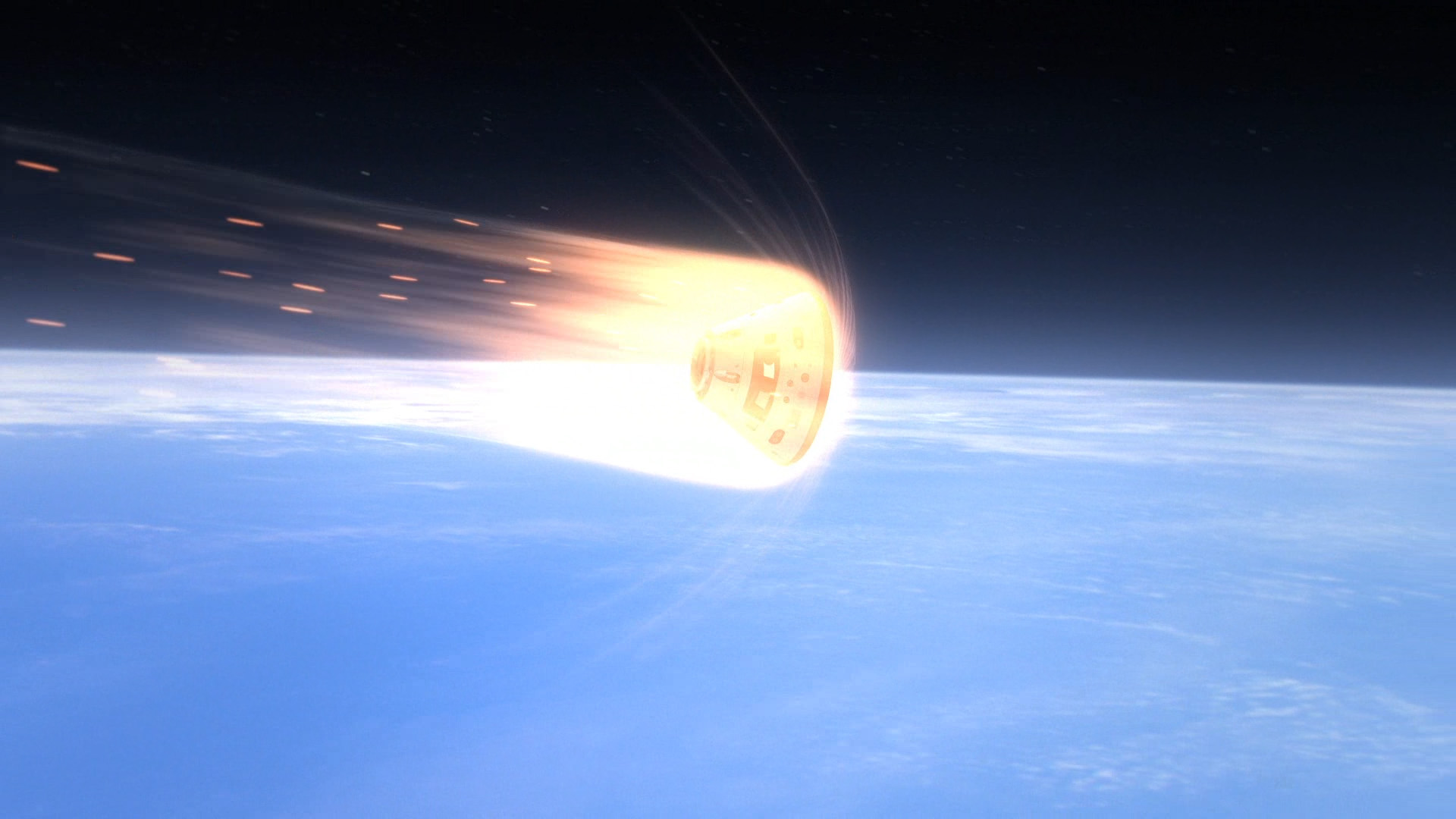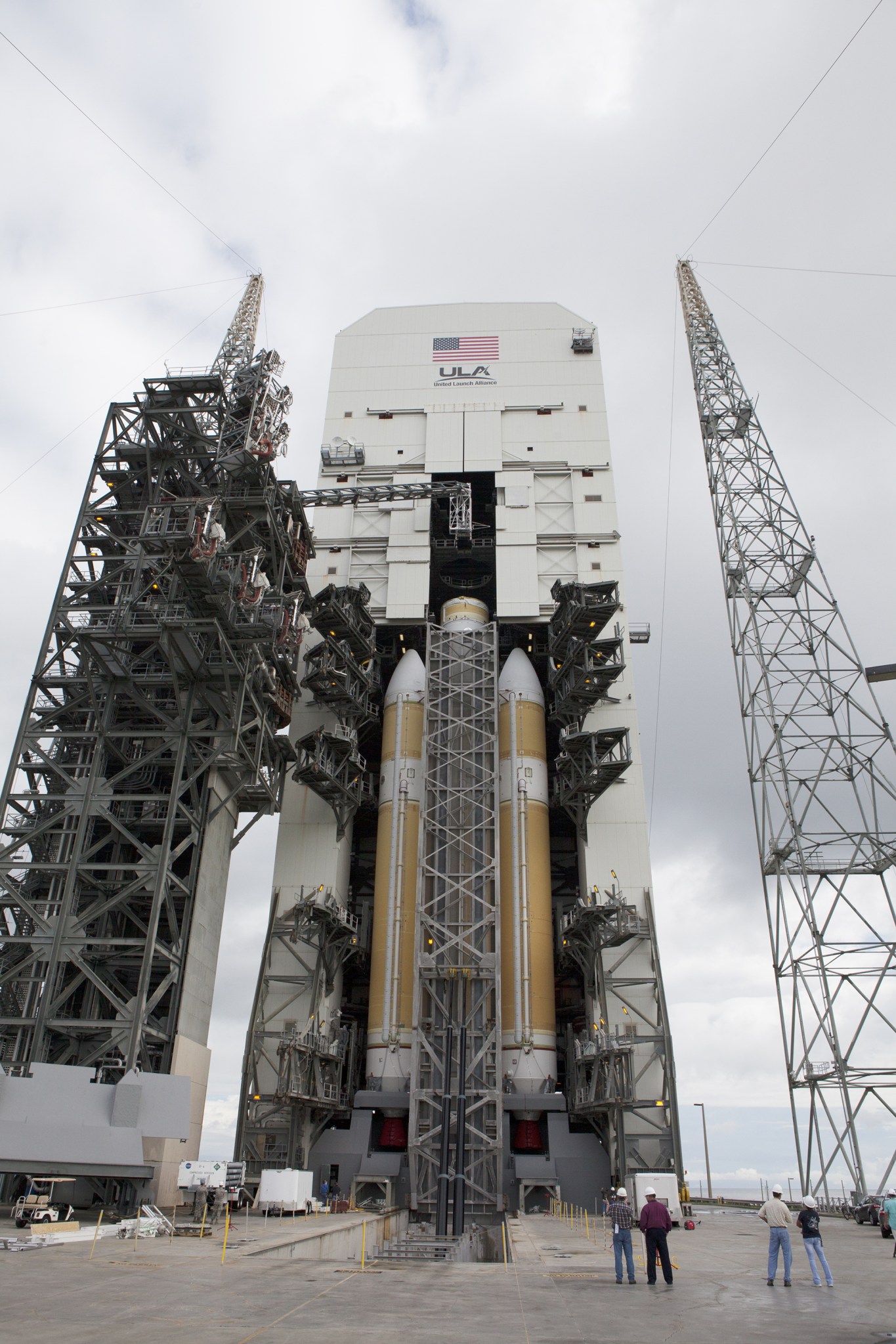We are inviting social media users to apply for up to 150 credentials to a two-day event Dec. 3 and 4 to cover the first launch of the Orion Spacecraft on Exploration Flight Test-1. The NASA Social is expected to culminate with the launch of Orion on a United Launch Alliance Delta IV Heavy rocket from Space Launch Complex 37 at the Cape Canaveral Air Force Station in Florida. Liftoff is targeted for 7:05 a.m. EST Dec. 4.
NASA Social participants will have the opportunity to:
- View the launch of the Delta IV heavy rocket carrying our Orion spacecraft
- Hear first-hand accounts of the mission and research goals from NASA engineering teams from around the agency and other organizations.
- Get a behind-the-scenes tour of the Kennedy Space Center and Cape Canaveral Air Force Station (Note: All sites on KSC / CCAFS are subject to closure due to mission or operation requirements), including potential opportunities to:
- Get an inside look of the Vehicle Assembly Building
- Tour Orion’s production facility
- Go inside the Launch Control Center
- Meet and interact with astronaut(s) and representatives from NASA and other organizations.
- Meet fellow space enthusiasts who are active on social media
- Meet members of NASA’s social media team
Registration for the NASA Social opens at 2 p.m. EDT on Monday, Oct. 6, and closes at 5 p.m. on Sunday, Oct. 19. Participants will be selected from online registrations.
REGISTRATION HAS CLOSED
What are NASA Social media credentials? Social media credentials give users a chance to apply for the same access as journalists in an effort to align the access and experience of social media representatives with those of traditional media. People, who actively collect, report, analyze and disseminate news on social networking platforms are encouraged to apply for media credentials. Selection is not random. All social media accreditation applications will be considered on a case-by-case basis. Those chosen must prove through the registration process they meet specific engagement criteria.
How do I register? Registration opens on Oct. 6 and closes at 5 p.m. Oct. 19. Registration is for one person only (you) and is non-transferable. All social media accreditation applications will be considered on a case-by-case basis.
Do I need to have a social media account to register? Yes. This event is designed for people who:
- Actively use multiple social networking platforms and tools to disseminate information to a unique audience.
- Regularly produce new content that features multimedia elements.
- Have the potential to reach a large number of people using digital platforms.
- Reach a unique audience, separate and distinctive from traditional news media and/or NASA audiences.
- Must have an established history of posting content on social media platforms.
- Have previous postings that are highly visible, respected and widely recognized.
Users on all social media networks are encouraged to use the hashtags #NASASocial and #Orion. Updates and information about the event will be shared on Twitter (@NASA, @NASASocial, @NASAKennedy, @NASA_Orion, @NASA_SLS), Facebook (NASA, NASA Kennedy, NASA’s Orion Spacecraft, NASA’s Space Launch System) and Google+ (NASA, Kennedy Space Center Visitor Complex).
What are the registration requirements? Registration indicates your intent to travel to NASA’s Kennedy Space Center in Florida and attend the two-day event in person. You are responsible for your own expenses for travel, accommodation, food and other amenities.
Some events and participants scheduled to appear at the event are subject to change without notice. NASA and is not responsible for loss or damage incurred as a result of attending. NASA, moreover, is not responsible for loss or damage incurred if the event is cancelled with limited or no notice. Please plan accordingly.
Kennedy is a government facility. Those who are selected will need to complete an additional registration step to receive clearance to enter the secure areas. To be admitted, you will need to show two government-issued identifications (one with a photo) that match the name provided on the registration. Those without proper identification cannot be admitted. For a complete list of acceptable forms of ID, please visit: https://sna.hq.nasa.gov/,DanaInfo=media.ksc.nasa.gov,SSL+assets/docs/PhotoIdentificationSources.pdf
All registrants must be at least 18 years old.
Note: *Effective July 21, 2014, the KSC Badging Office will no longer accept driver’s licenses or identity cards from the following states: Alaska, American Samoa, Arizona, Louisiana, Maine, Massachusetts, Minnesota, Montana, New York, Oklahoma, and Washington. As a caveat, Minnesota, New York, and Washington offer an Enhanced Driver’s License (EDL), which will be acceptable. EDLs are identifiable by the American Flag on the face of the card. You may find out more information about the REAL ID Act by going to: https://sna.hq.nasa.gov/,DanaInfo=www.dhs.gov+real-id-public-faqs
Can I register if I am not a U.S. citizen? Yes. International guests selected to attend the social will be required to submit a scanned copy of their visa and passport. Green card holders will be required to submit a scanned copy of their card.
To be admitted, you will need to show two government-issued identifications (one with a photo) that match the name provided on the registration. Those without proper identification will not be admitted.
Does my registration include a guest? Because of space limitations, you may not bring a guest. Each registration provides a place for one person only (you) and is non-transferable. Each individual wishing to attend must register separately.
What if I cannot come to the Kennedy Space Center? If you cannot come to the Kennedy Space Center and attend in person, you should not register for the NASA Social. You can follow the conversation using the #NASASocial and #Orion hashtags. You can watch the launch on Dec. 4 on NASA TV or on our website.
If you cannot make this NASA Social, don’t despair; NASA is planning others in the near future at various locations. Check back on https://sna.hq.nasa.gov/,DanaInfo=www.nasa.gov+social for updates.
When will I know if I am selected? After registrations have been received and processed, an email with confirmation information and additional instructions will be sent to those selected and those on the waitlist. We expect to send notifications no later than Friday, Oct. 24.
If you do not make the registration list for this NASA Social, you can still attend the launch and participate in the conversation online. Find out about ways to experience a launch at https://sna.hq.nasa.gov/,DanaInfo=www.nasa.gov+centers/kennedy/launchingrockets/viewing.html.
What if the spacecraft’s launch date changes? Hundreds of different factors can cause a scheduled launch date to change multiple times. The launch date will not be official until after the Flight Readiness Review. If the launch date changes prior to then, We may adjust the date of the NASA Social accordingly to coincide with the new target launch date. We will notify registrants of any changes by email. If the launch is postponed on Dec. 4, we will try and accommodate you on the new launch date.
NASA Social attendees are responsible for any additional costs they incur related to any launch delay. We strongly encourage participants to make travel arrangements that are refundable and/or flexible.
Does registration for and/or attendance at the NASA Social qualify me for media accreditation? No, your registration and/or attendance does not qualify you for news media credentials at NASA’s Kennedy Space Center, now or in the future.
Can you tell me more information about Orion? NASA’s Orion spacecraft is being built to take humans farther than they’ve ever gone before. Orion will serve as the exploration vehicle that will carry the crew to space, provide emergency abort capability, sustain the crew during the space travel, and provide safe re-entry from deep space return velocities.
The uncrewed test flight called Exploration Flight Test-1 will test Orion systems critical to crew safety, such as heat shield performance, separation events, avionics and software performance, attitude control and guidance, parachute deployment and recovery operations.
The data gathered during the flight will influence design decisions and validate existing computer models and innovative new approaches to space systems development, as well as reduce overall mission risks and costs.
In the future, Orion will launch on NASA’s new heavy-lift rocket, the Space Launch System. More powerful than any rocket ever built, SLS will be capable of sending humans to deep space destinations such as an asteroid and eventually Mars. Exploration Mission-1, scheduled for 2018, will be the first mission to integrate Orion and the Space Launch System.
REGISTRATION HAS CLOSED
Have a question not answered here? Need more information? Help is available by sending an email to hq-social@nasa.gov.

